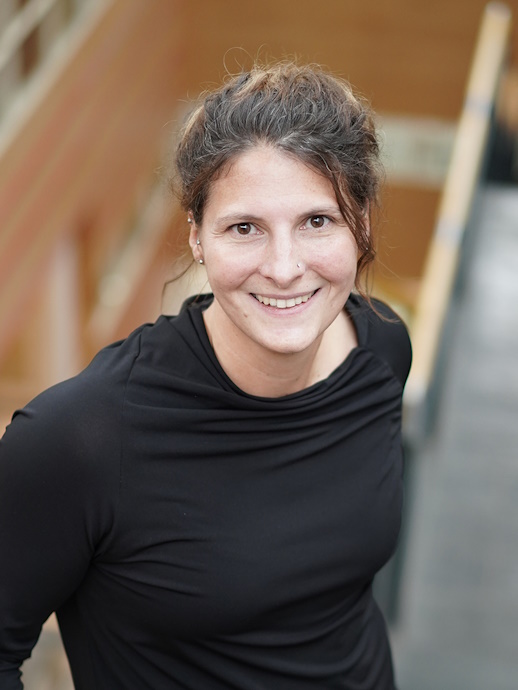Trial lecture - time and place
Adjudication committee
- First opponent: Professor Gerry Czerniawski, The School of Education and Communities, University of East London, England
- Second opponent: Professor Rune Johan Krumsvik Department of Education, University of Bergen, Norway
- Commitee chair: Professor Marte Blikstad- Balas , Department of Teacher Education and School Research, University of Oslo
Chair of defence
Professor emeritus Jon Magne Vestøl , Department of Teacher Education and School Research
Supervisors
- Main supervisor: Professor Greta Björk Gudmundsdottir Department of Teacher Education and School Research, University of Oslo
- Co-supervisor: Professor Hilde Wågsås Afdal, Department of Education, ICT and Learning Østfold University College
Summary of the thesis
This article-based PhD study adopts a post-digital perspective, implying that we have progressed beyond the stage of integrating technology and now reside in a digitally infused society. Digital tools have become commonplace and are seamlessly integrated into our everyday lives, school, and work (Jandrić et al., 2018). Teacher educators play a vital role in enabling future teachers to utilise the potential of digital teaching and learning environments while navigating the challenges associated with teaching in digital schools and preparing pupils for future life and work.
This qualitative study explores how teacher educators facilitate the development of student teachers’ professional digital competence (PDC) in Norwegian teacher education and discusses how teacher educators’ professionalism emerges in the post-digital age. It explores policy documents at the institutional level, including programme descriptions, course descriptions, and plans for practicums from six Norwegian teacher education institutions. Furthermore, in-depth interviews were conducted with three teacher educators from each site (18 in total). While the overarching discussion in the extended abstract refers to the theories of professions, particularly occupational and organisational professionalism (Evetts, 2013), the three articles focus on the pillars of professionalism: professional knowledge, agency, and identity.
Article 1, a document analysis, explores how PDC is addressed in institutional policy and what is expected of teacher educators in terms of preparing student teachers for epistemic changes. The findings show that teacher educators are primarily expected to focus on the (pedagogical) use of digital tools. However, they are also supposed to teach student teachers how to foster pupils’ digital skills and digital responsibility. A few documents also state that they are supposed to address the influence of digitalisation on society and culture, subject content and educational practices.
Article 2 is based on the interviews. It focuses on how PDC is addressed in teacher educators’ practices and how they reflect on their PDC facilitation in terms of agency. The findings show that teacher educators primarily focus on pedagogical and didactical use of technology. They pay less attention to issues related to cultural and societal influences or transformative digital agency. The interplay of teacher educators’ understanding of PDC, collaboration with colleagues, task perception, and detailed course descriptions influence their actions.
Article 3 is based on the same interviews as Article 2 and further explores teacher educators’ task perceptions concerning student teachers’ PDC development and its connection to their professional identity. The analysis indicates that the more teacher educators identify with their role as teachers of teachers and are integrated into the professional community of teacher educators, the more they perceive it as their task to go beyond subject-specific teaching with digital tools. Such teacher educators also address profession-oriented aspects, such as critical reflection and the influence of digitalisation on society.
Collaboration is the key to facilitaton of PDC and occupational professionalism in teacher education.
Together, the findings across the three articles underscore the fundamental role of collaboration in PDC facilitation and in developing and negotiating professional knowledge, agency, and identity. Teacher educators’ professionalism emerges in various ways. Those who strongly identify themselves with the role of teachers of teachers, actively engaging in collaboration and negotiating professional knowledge, exhibit a professionalism that can be characterised as occupational. This is particularly evident in their commitment to facilitating students' PDC, viewing it as an inherent part of their role and responsibility. On the other end of the scale are teacher educators who identify themselves as academics or researchers simply working in teacher education. Their professionalism can be characterised as organisational, as they address PDC only in the way they are expected to by institutional policy. Their occupational professionalism may emerge in relation to other professional communities.
